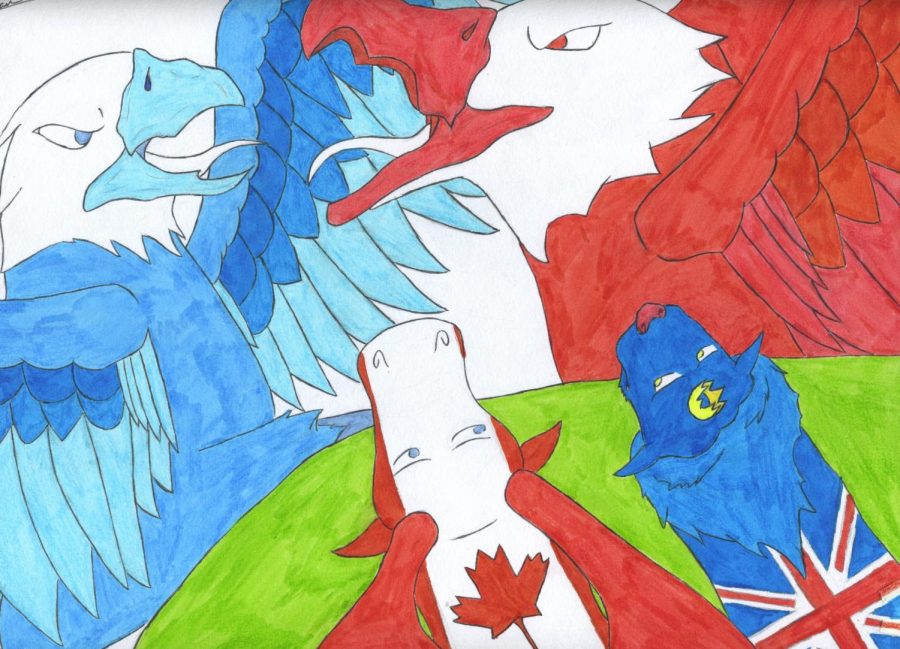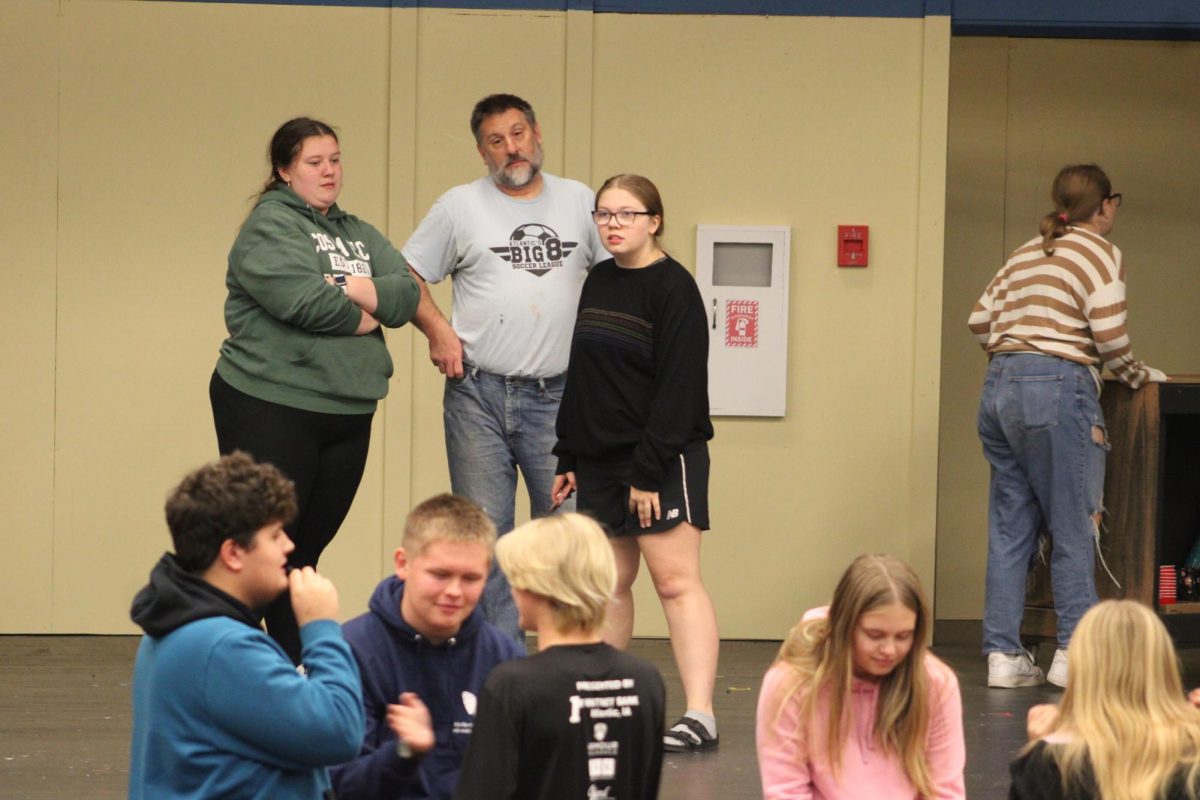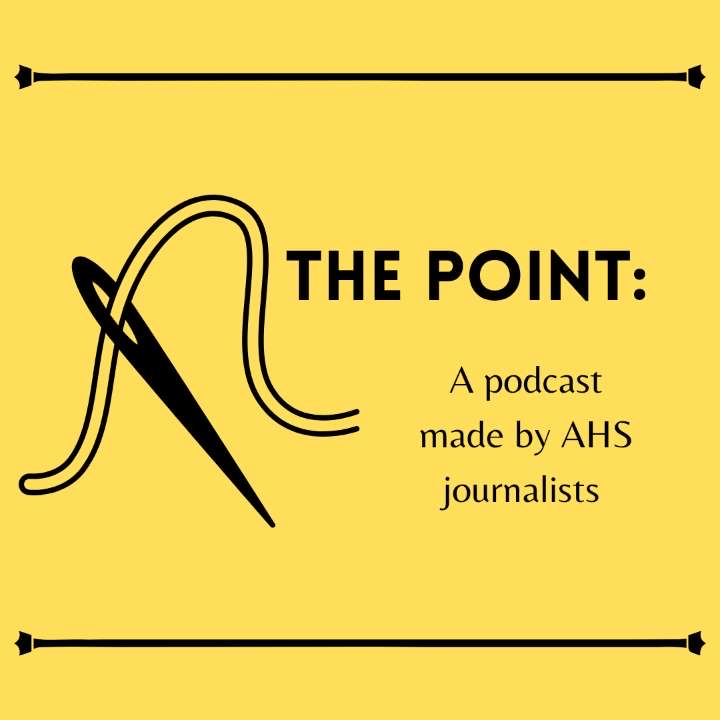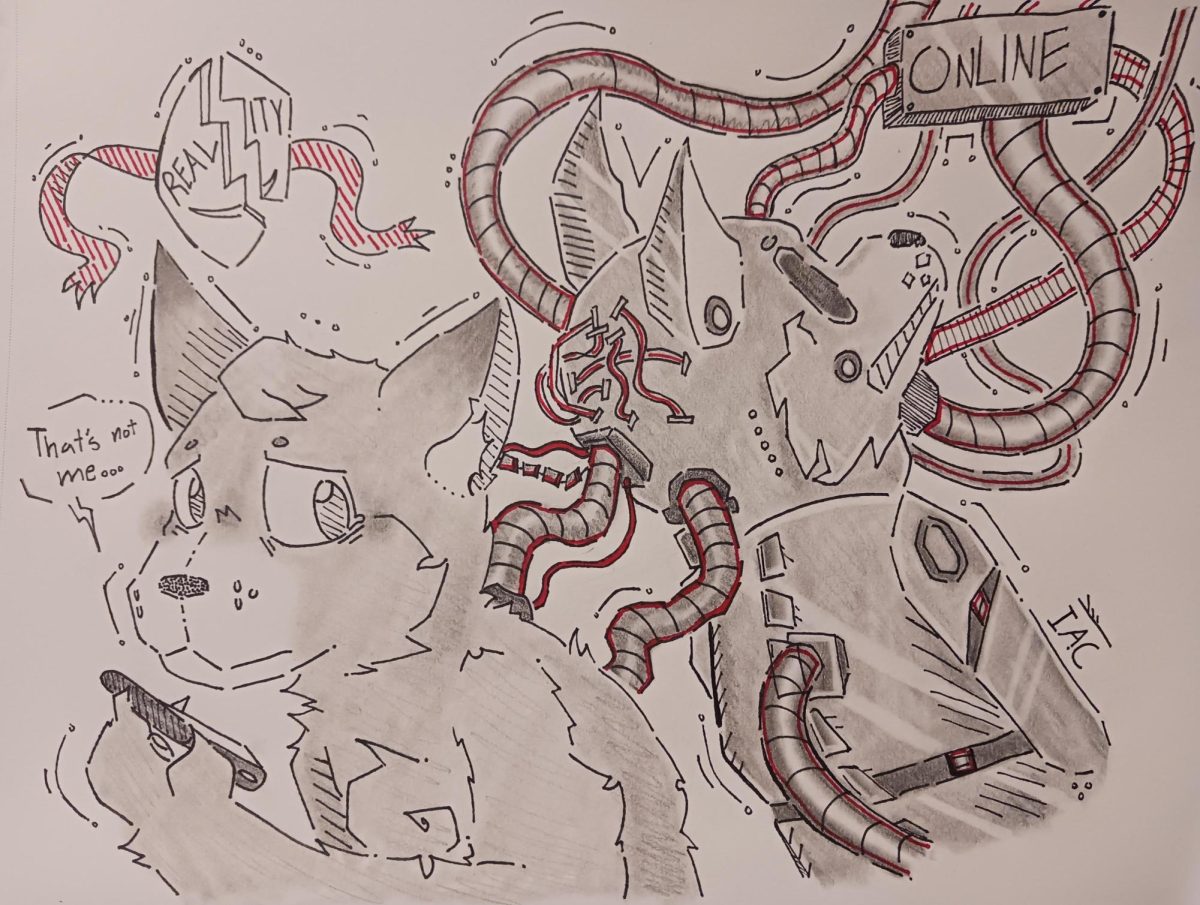A Divided Nation
Our nation is experiencing one of its worst divides since the Civil War.
Political clashes aren’t uncommon, though often they impact more than just us. Due to our world-wide influence, the instability within our own country leads to a ripple-effect of issues elsewhere in the world.
March 11, 2021
In today’s world it’s nearly impossible to transverse the sticky web of the Internet without running into raging political arguments. From heavy topics such as abortion or police brutality, to the minorest of offenses such as wearing a hat indoors, trying to have an opinion in these politically charged times often leads to more trouble then the thought was worth. Your political party has become a definition to your personality. Children fight with their parents over political matters. A definition that someone is always willing to battle against and attack whenever possible, no matter which side you fall on. And over the years, this political gap has definitely expanded into a gaping void that could fit entire seas between it.
According to Reuters, “political violence has surged.” While the Trump presidency didn’t start the fire, it definitely fanned the flames. The march on the capitol, which occurred on January 6, was a result of the boiling pot that our nation has become. A world where violence has become commonplace and riots are expected and feared. Safety doesn’t exist. It’s as though we’re in a civil war without the title. Extremist are the primary cause of chaos and destruction in these harsh times. Unwilling to stand down from their political party’s stance, immediately agreeing with whatever their party says, these people are more than willing to take away life in order to push their ideology onto others and onto the nation.
We’re not the only one impacted by our own national divide. One of the primary statements a president and party must make is their policy on foreign countries, from immigration to economic support. Congressional Research Service states that, “Congress’s decisions regarding the U.S. role in the world could have significant implications for numerous policies, plans, programs, and budgets, and for the role of Congress relative to that of the executive branch in U.S. foreign policymaking.” This means that our inner turmoil has world-wide influence. If we’re unable to sort ourselves out and mellow down on our viewpoints, the results could prove catastrophic in the upcoming years.









